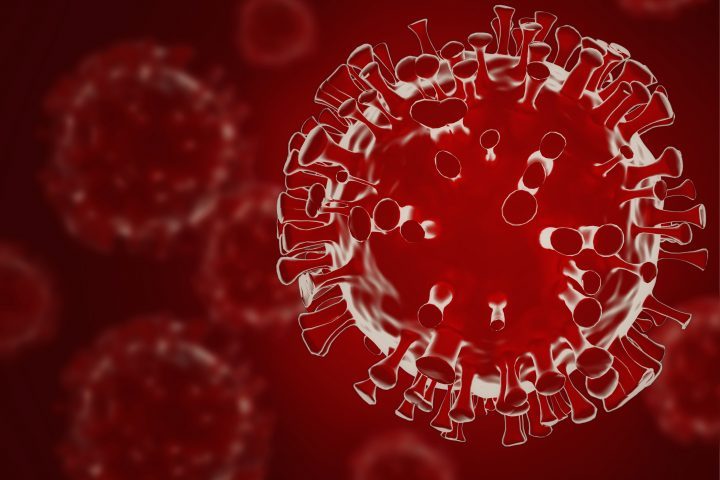A team out of Western University is working on what could be a fourth type of COVID-19 vaccine and researchers say early data is promising.

The results of pre-clinical studies in mice suggest the vaccine produces a powerful and possibly long-lasting antibody response.
The project, led by the Schulich School and Medicine and Dentistry’s Chil-Yong Kang, will next require funding to manufacture the vaccine and begin clinical trials in humans.
“The vaccines available today induce protective immunity, but it’s not as strong, therefore the makers of the vaccines recommend three injections, even four injections,” he told Global News.
“We believe that our vaccine will provide strong immunity so that the people after vaccination can be protected from coronavirus infections for a longer period, and also we may not need three or four immunizations or booster shots.”
COVID-19 vaccines currently in use around the world include mRNA-based vaccines like Pfizer and Moderna, adenovirus vector-based vaccines like AstraZeneca and Johnson & Johnson, and killed virus vaccines like the one in use in China.
Kang believes his team’s vaccine, a recombinant vesicular stomatitis virus vaccine, or rVSV, will be the fourth.
- B.C. introduces legislation recognizing Haida Gwaii Indigenous title
- Whale experts confident B.C. orca calf will survive, find family if rescue plan succeeds
- Plastic production cap still contentious as Ottawa set to host treaty talks
- Chemical plant shuts down after high benzene levels detected near Ontario First Nation
His team’s vaccine involves inserting the full spike protein gene, which is found on the surface of the coronavirus, into the rVSV vector. It uses RNA but is not the same as the mRNA-based vaccines from Pfizer and Moderna.
“This is actually RNA virus that we made as a harmless virus, as a vessel to carry the genetic information of the coronavirus. This virus, when it comes into our body, it will not harm our body,” said Kang.
“It is not RNA by itself, but in it is the virus, which carries genetic information as RNA.”
The body’s immune system then recognizes that the virus doesn’t belong there, triggering an immune response.
While the road to manufacturing and distributing the vaccine, depending on clinical trials and approvals, is a long one, Kang said it’s important to keep working on vaccines as part of the push for global vaccine equity.
“Our vaccine can give a very high yield so that any contracted manufacturing organization or pharmaceutical companies that are capable of manufacturing our vaccine can produce this vaccine in larger quantities relatively easily.”
The results of pre-clinical studies can be found in the journal PLOS Pathogens.













Comments